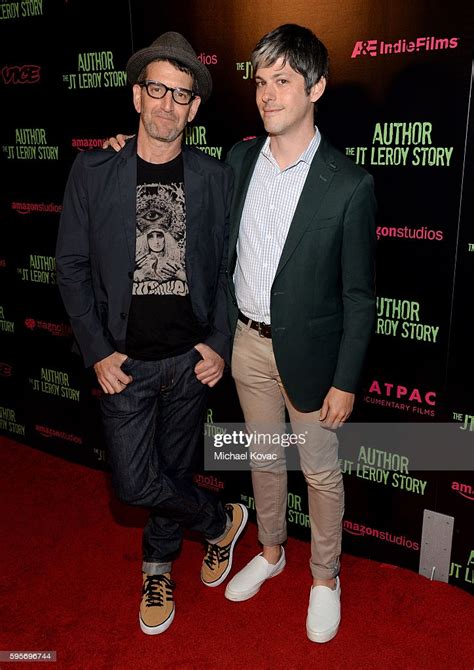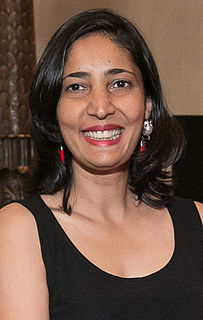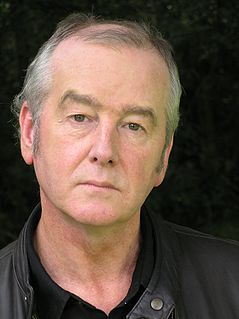A Quote by Jeff Feuerzeig
In college, I had a big fixation with Southern Gothic literature. Flannery O'Connor, I read every word she's ever written.
Related Quotes
The phrase the violent bear it away fascinated the 20th century Irish-American storyteller Flannery O'Connor, who used it as the title of one of her novels. O'Connor's surname connects her to an Irish royal family descended from Conchobor (pronounced Connor), the prehistoric king of Ulster who was foster father to Cuchulainn and husband of the unwilling Derdriu. In the western world, the antiquity of Irish lineages is exceeded only by that of the Jews.
In my teaching, I try to expose my students to the widest range of aesthetic possibilities, so I'll offer them stories from Anton Chekhov to Denis Johnson, from Flannery O'Connor to A.M. Homes, and perhaps investigating all that strange variation of beauty has rubbed off on me. Or perhaps that's why I enjoy teaching literature.




































